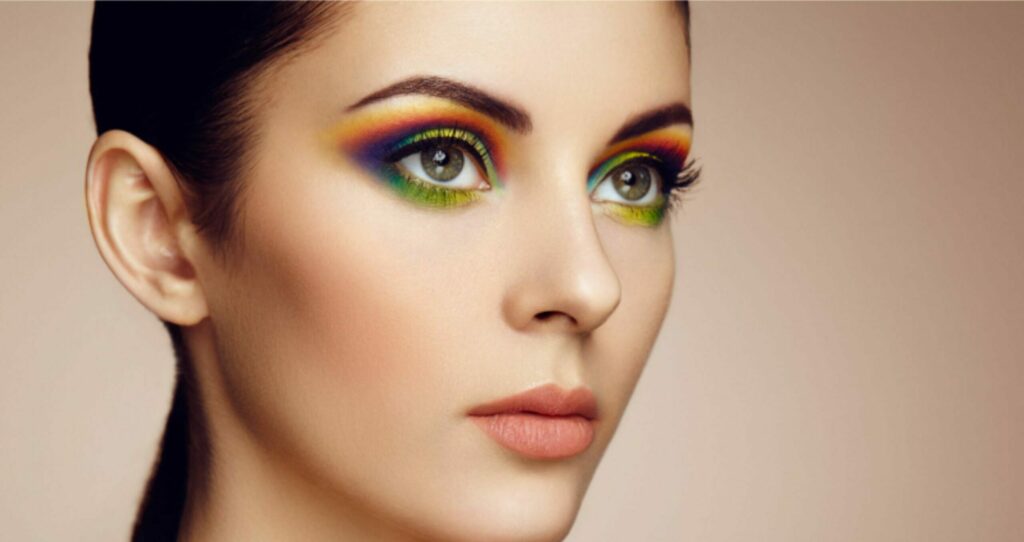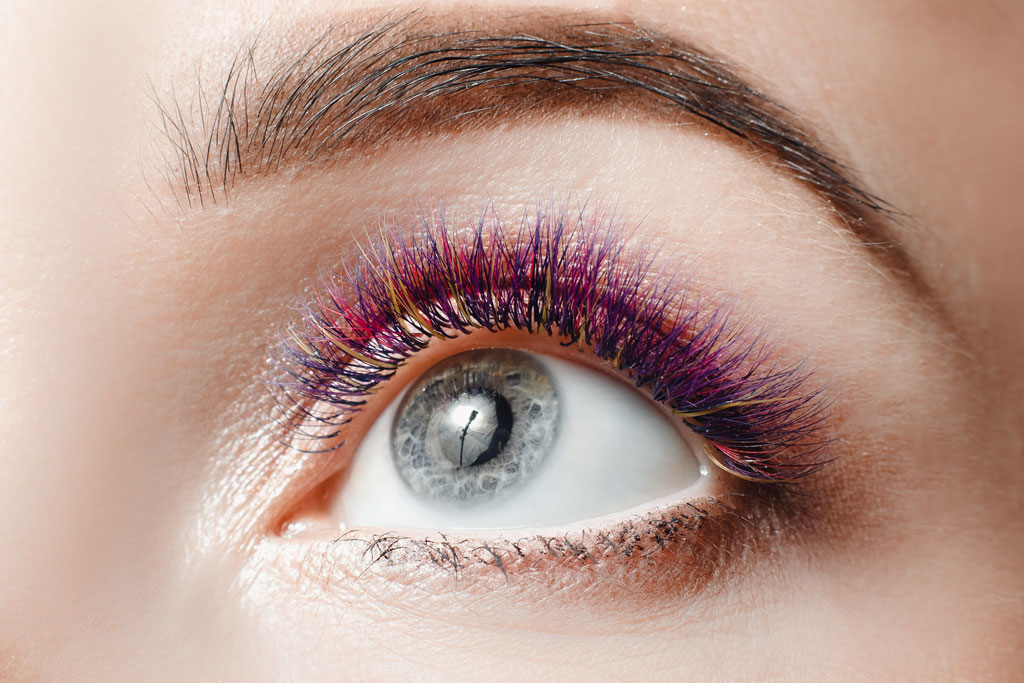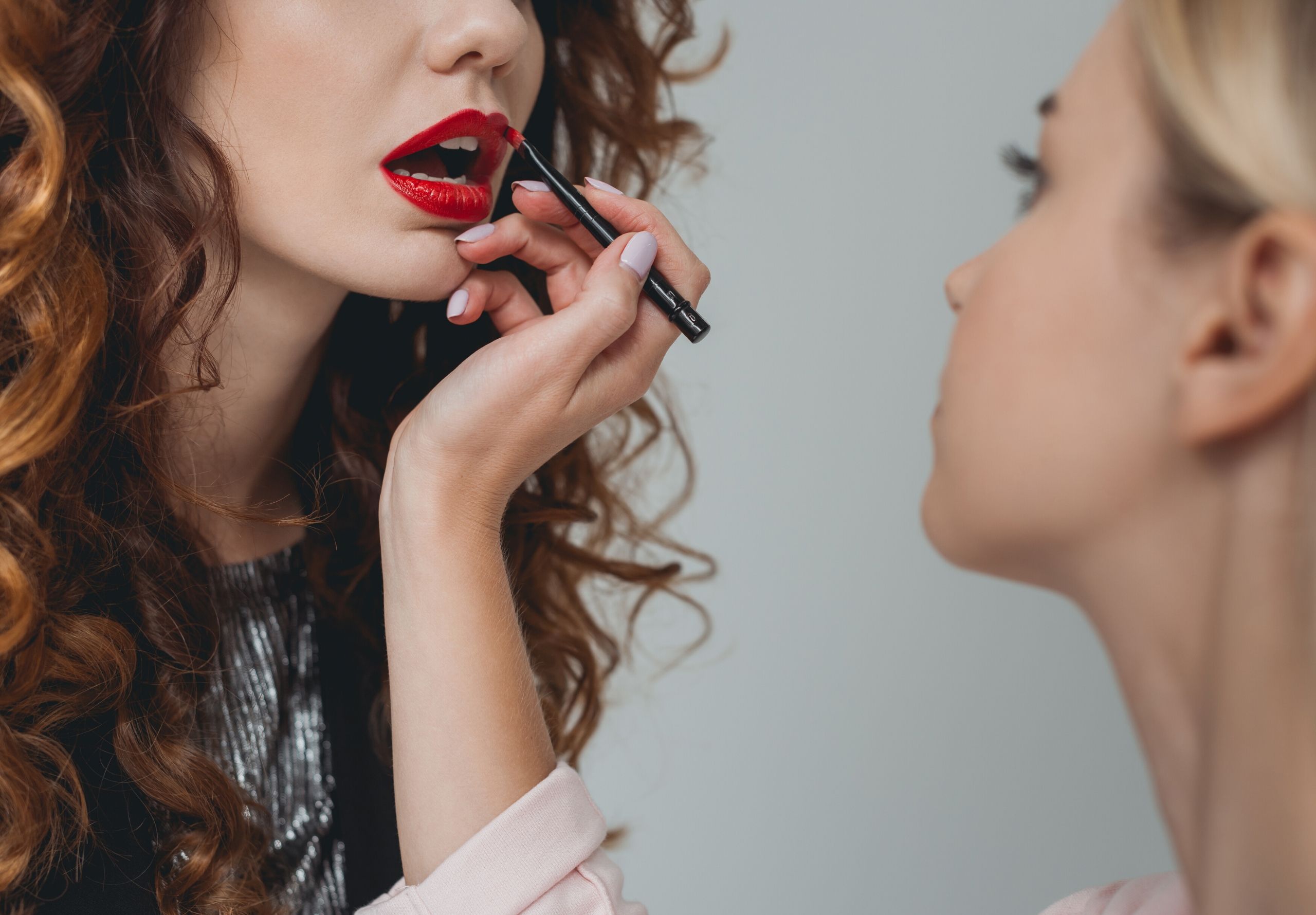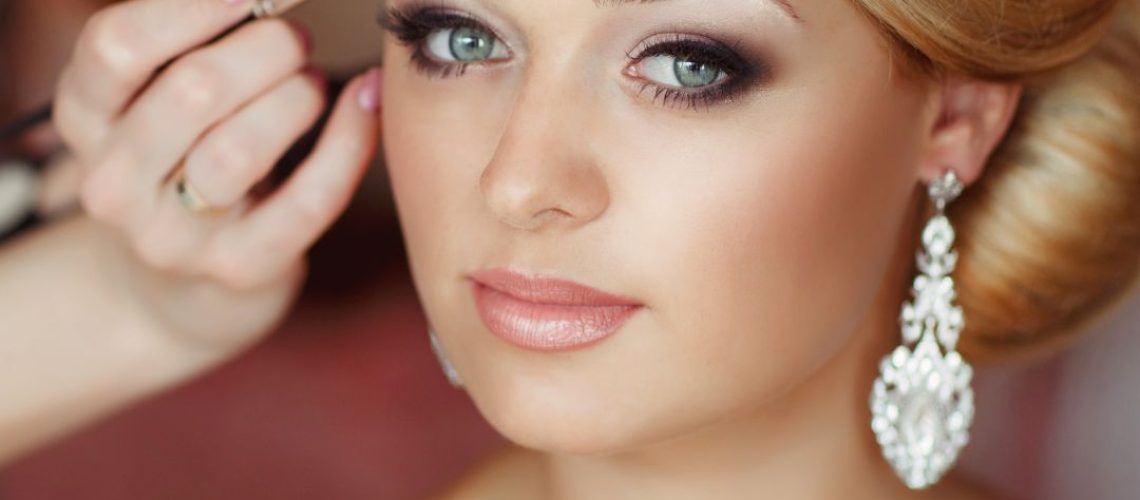The journey from makeup enthusiast scrolling Instagram for inspiration to confident professional makeup artist earning steady income feels impossibly daunting when you’re just starting. You’re comparing your bare face to flawless editorial looks, wondering how you’ll ever achieve that level of skill. The exciting reality is that every professional started exactly where you are now – with passion but zero professional training. A structured makeup artist course provides the roadmap transforming enthusiasm into expertise, typically in just 6 months of dedicated study and practice.

Month 1: Foundation Skills and Color Theory
Your makeup artist course begins with crucial foundational knowledge that separates professionals from hobbyists. Understanding skin types, face shapes, and facial anatomy informs every makeup decision you’ll make throughout your career. This isn’t the glamorous content attracting you to makeup artistry, but it’s absolutely essential for creating flattering, appropriate looks on diverse clients.
Color theory instruction revolutionizes your understanding of makeup. You’ll learn why certain colors complement specific skin tones, how to color-correct various skin concerns, and the science behind creating harmonious looks. The New Zealand Dermatological Society resources help makeup artists understand skin conditions and appropriate product selection for various concerns.
Skin preparation and primer application receive surprising emphasis in your first month. Professional makeup artists recognize that flawless application begins with properly prepared skin. Your makeup artist course teaches assessing skin conditions, selecting appropriate primers, and creating smooth canvases for makeup application. This technical knowledge prevents the common mistakes plaguing self-taught artists.
Product knowledge forms another first-month priority. Understanding the differences between powder, cream, and liquid formulas, when to use various products, and how different formulations work together prevents wasted money on inappropriate products. Your course should include working with various product types, helping you develop informed opinions about what works for your technique and clients.
Brush selection and care might seem mundane, but proper tools dramatically affect your results. Your makeup artist course introduces essential brushes, their specific purposes, and proper cleaning and maintenance. Quality brushes are investments lasting years with proper care, making this early education valuable for your long-term career and budget.
Month 2: Complexion Perfection and Eye Makeup Basics
Month two focuses intensely on complexion work – the foundation of all makeup looks. You’ll master foundation matching across diverse skin tones, concealing techniques for various concerns, and contouring/highlighting creating dimension. New Zealand’s multicultural population includes incredible diversity, making expertise in working with all skin tones essential for successful makeup artists.
Foundation application technique distinguishes professional work from amateur attempts. Your course teaches various application methods including brushes, sponges, and fingers, helping you discover which techniques work best for your style and various client needs. Learning when to use full coverage versus lighter applications for different occasions and preferences provides versatility.
Concealing strategies address everything from dark circles to blemishes, scarring to hyperpigmentation. Your makeup artist course covers color correction theory, product selection, and application techniques creating flawless-appearing skin while maintaining natural texture. Over-concealing creates mask-like appearances, while proper technique enhances natural beauty.
Eye makeup fundamentals introduced in month two include eyeshadow blending, eyeliner application, and basic eye looks suitable for various occasions. You’ll practice creating smooth gradients, precise lines, and symmetrical applications on both eyes. These seemingly simple skills require significant practice achieving consistent, professional results.
False lash application completes many professional makeup looks. Your course teaches measuring, trimming, applying, and blending false lashes seamlessly with natural lashes. Individual lash application for subtle enhancement and strip lash application for dramatic looks both receive attention, providing versatility for client preferences.

Month 3: Advanced Eye Techniques and Lip Perfection
Advanced eye makeup techniques explored in month three include smokey eyes, cut creases, and colorful creative looks. These skills challenge your blending abilities and color placement precision. Your makeup artist course provides structured approaches to these complex techniques, preventing the frustration of attempting advanced looks without proper foundational knowledge.
Lip techniques receive thorough coverage including lip lining, ombre lips, and achieving perfectly defined lips in various shapes and sizes. Small technical details like overlining appropriately, preventing lipstick bleeding, and creating symmetrical lip shapes separate professional work from amateur attempts. Your course teaches these nuances through demonstration and guided practice.
Daytime versus evening makeup represents crucial professional knowledge. Clients request specific looks for various occasions, requiring you to adapt techniques appropriately. Understanding how to modify intensity, adjust coverage, and select appropriate styles for business meetings versus evening events demonstrates your professional versatility and judgment.
Photography makeup introduces considerations beyond in-person appearances. Makeup that looks natural in person may appear washed out in photos, while photography-appropriate makeup might seem heavy face-to-face. Your makeup artist course covers these distinctions, teaching you to adjust for various photography scenarios including professional headshots, events, and weddings.
By month three, you should begin practicing on volunteer models beyond your training mannequins. Real faces present challenges practice heads don’t – moving subjects, various skin conditions, and personality differences affecting the experience. Building your portfolio through volunteer work provides essential real-world experience while creating marketing materials for your future business.
Month 4: Specialized Looks and Advanced Techniques
Bridal makeup receives dedicated attention in month four, given its importance as a revenue stream for professional makeup artists. You’ll learn creating long-lasting, photography-friendly bridal looks suitable for various wedding styles from traditional to modern. The emotional significance of bridal work demands additional professionalism and client management skills your course should address.
Special effects and creative makeup expand your capabilities beyond traditional beauty makeup. While not every makeup artist pursues this specialization, understanding basic special effects techniques broadens your creative possibilities and employability. Many makeup artist course programs introduce these techniques, with advanced training available for those pursuing this specialty.
Mature skin makeup techniques address the unique needs of older clients. Skin texture changes, product selection, and application methods differ significantly for mature skin versus young faces. Understanding how to enhance mature beauty rather than trying to “fix” aging creates beautiful results and satisfied clients appreciating your expertise.
Men’s grooming and makeup represents growing market opportunities. From grooming services for professional men to drag makeup artistry, male clients increasingly seek professional makeup services. Your makeup artist course should cover these specialized needs, preparing you for diverse client opportunities.
Sanitation and hygiene protocols receive renewed emphasis throughout your training but particularly as you begin working with real clients. Proper tool cleaning, product hygiene, and preventing cross-contamination protect both you and clients from infections and reactions. According to Ministry of Health guidelines, beauty professionals must maintain strict hygiene standards preventing disease transmission.

Month 5: Business Fundamentals and Marketing
Professional business skills taught in month five transform you from skilled technician to successful business owner. Marketing strategy, pricing structures, and client management receive attention alongside continued technical skill development. Your makeup artist course should address these practical business considerations essential for sustainable careers.
Social media marketing specifically for makeup artists emphasizes Instagram as your primary portfolio and client acquisition tool. You’ll learn photography basics for showcasing your work, hashtag strategies for local visibility, and content creation maintaining engaged followings. Building your Instagram presence should begin during your training, documenting your skill progression and volunteer work.
Pricing strategy development helps you value your services appropriately without undercharging for your professional skills. Your course should cover calculating costs, researching local markets, and positioning yourself competitively. Many new makeup artists undercharge significantly, working hard while earning little because they undervalue their training and expertise.
Client consultation processes ensure clear communication and appropriate expectations. Learning to conduct thorough consultations, discuss options professionally, and guide clients toward flattering, achievable looks prevents disappointment and negative reviews. Your makeup artist course role-playing exercises prepare you for real client interactions.
Website development basics and online booking systems streamline your business operations. While your course may not teach website building comprehensively, understanding what information clients need and how to present yourself professionally online is crucial. Many makeup artists start with simple Instagram portfolios, adding websites as their businesses grow. Consider a small business digital marketing course to increase your online presence.
Month 6: Portfolio Development and Business Launch
Your final month focuses intensely on portfolio creation and business launch preparation. You’ll complete multiple looks on diverse models, photographing each carefully for your professional portfolio. Quality portfolio images attract clients and establish your aesthetic and capabilities.
Business registration and insurance requirements in New Zealand are straightforward but essential before working with paying clients. Your makeup artist course should outline these requirements, though specific processes require your individual research. Professional liability insurance protects you from potential lawsuits related to allergic reactions or client dissatisfaction.
Mock client appointments provide valuable practice before working with paying clients. Role-playing full appointment cycles from initial contact through completed service helps you refine your processes, timing, and client interaction skills. Identifying areas needing improvement before launch prevents early-career mistakes that could damage your reputation.
Pricing your services and creating service menus requires finalizing your business positioning. Will you focus on bridal work, special events, everyday beauty, or some combination? Your specialization affects appropriate pricing and target marketing. Most successful makeup artists eventually specialize rather than attempting to serve all markets.
Your first paying clients typically come from your personal network and social media followers. Offering launch specials to build reviews and portfolio provides incentive for early clients while building your confidence with paying customers. Setting realistic income expectations for your first months prevents discouragement during normal slow startup periods.

The Realistic Timeline
Completing your makeup artist course in six months represents the educational component of your journey. True mastery requires years of continued practice and learning. Your first 50 paying clients will be learning experiences where you refine techniques, improve efficiency, and build confidence. This is absolutely normal – every professional experienced the same progression.
Income expectations should be realistic for your first year. Most makeup artists earn modest incomes initially while building clientele and reputation. By year two, established artists typically earn $35,000-$50,000. Year three and beyond, successful makeup artists commonly earn $50,000-$80,000 or more, depending on their specialization and market.
Continuing education remains essential throughout your career. The makeup industry constantly evolves with new products, techniques, and trends. Successful makeup artists commit to ongoing learning through advanced courses, workshops, and self-directed education. Your initial makeup artist course provides foundations, not complete mastery.
Your Path Forward
Six months from now, you could be a confident, working makeup artist with paying clients and a growing business. Or you could still be scrolling Instagram, dreaming about making this career change. The difference is taking that first step and committing to structured education through a quality makeup artist course.
The transformation from beginner to professional happens through combining quality education with dedicated practice, business acumen, and commitment to continuous improvement. Your comprehensive makeup artistry training provides the foundation, but your dedication and professionalism determine your ultimate success.
Start Your Transformation Today
Ready to begin your journey from makeup enthusiast to professional makeup artist? Enroll in our comprehensive makeup artist course and start building your dream career in New Zealand’s thriving beauty industry. Your transformation begins with quality education and commitment to excellence.
